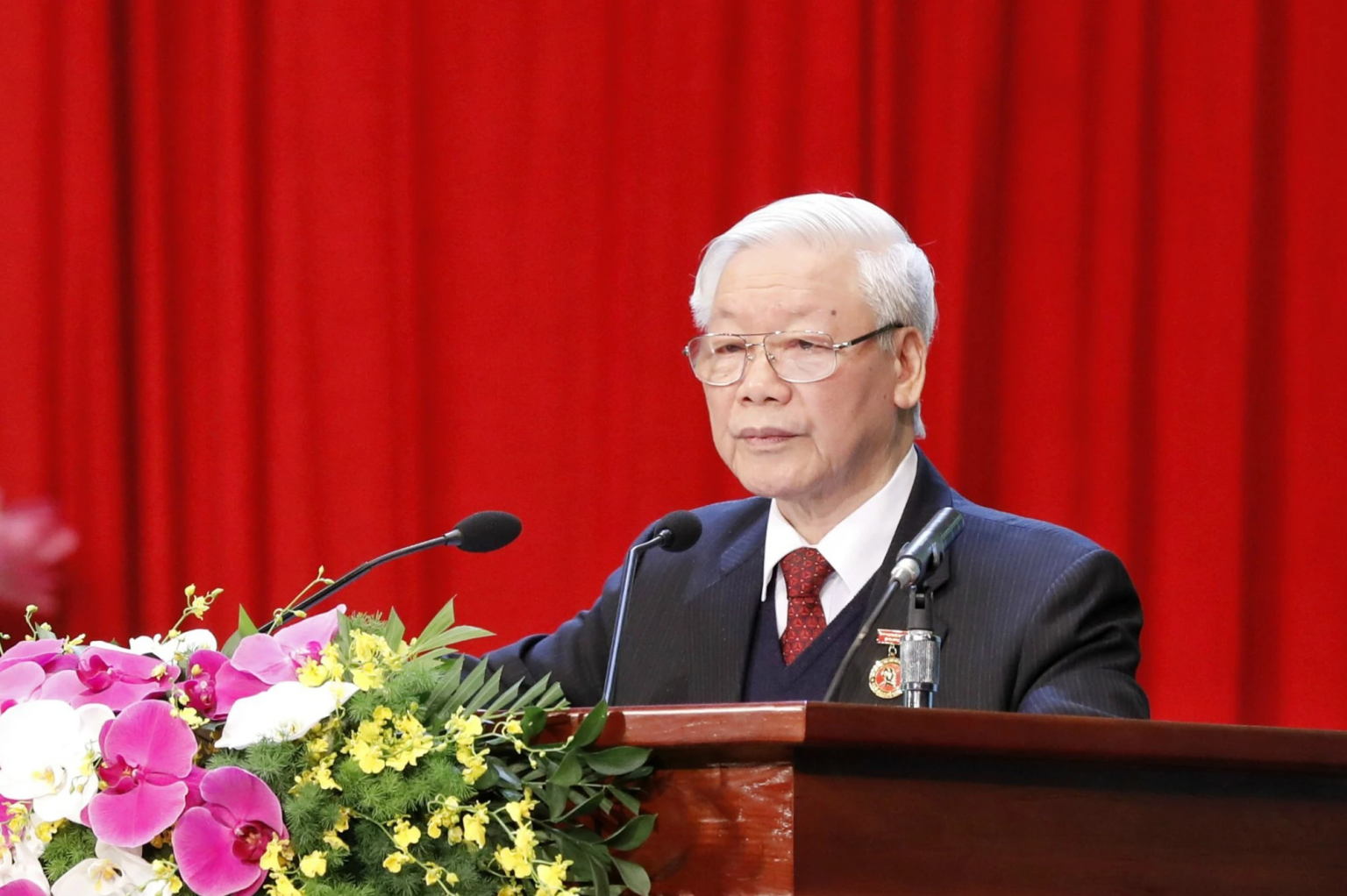Nguyen Phu Trong’s Legacy and Leadership
Nguyen Phu Trong’s influence in Vietnam’s Communist Party was profound. He served as General Secretary from 2011 until his death, a remarkable tenure of 13 years. Trong’s leadership was characterized by his staunch Marxist-Leninist ideology and a series of ambitious reforms. Educated in the Soviet Union, he brought a rigorous approach to governance, deeply rooting his policies in Communist principles.
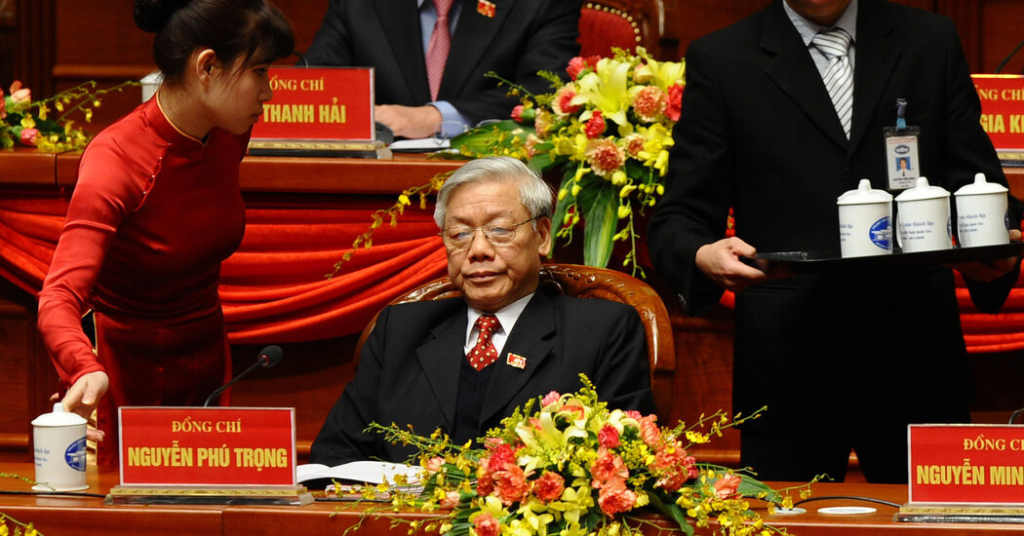
One of Trong’s most notable achievements was his “blazing furnace” anti-corruption campaign, launched in 2017. This extensive crackdown aimed to root out corruption at all levels of government and party officials, leading to the investigation of hundreds of individuals, including high-ranking ministers and state presidents. While this campaign strengthened the Party’s control and was applauded for addressing graft, it also created a climate of fear and had mixed effects on Vietnam’s economic decision-making.
Economic and Foreign Policy Transformations
Under Trong’s leadership, Vietnam experienced rapid economic growth, becoming one of the fastest-growing economies in Asia. His administration successfully negotiated numerous free trade agreements, enhancing Vietnam’s role in the global market. Notably, Trong’s tenure saw the strengthening of ties with both China and the United States, a testament to his adept handling of international relations.
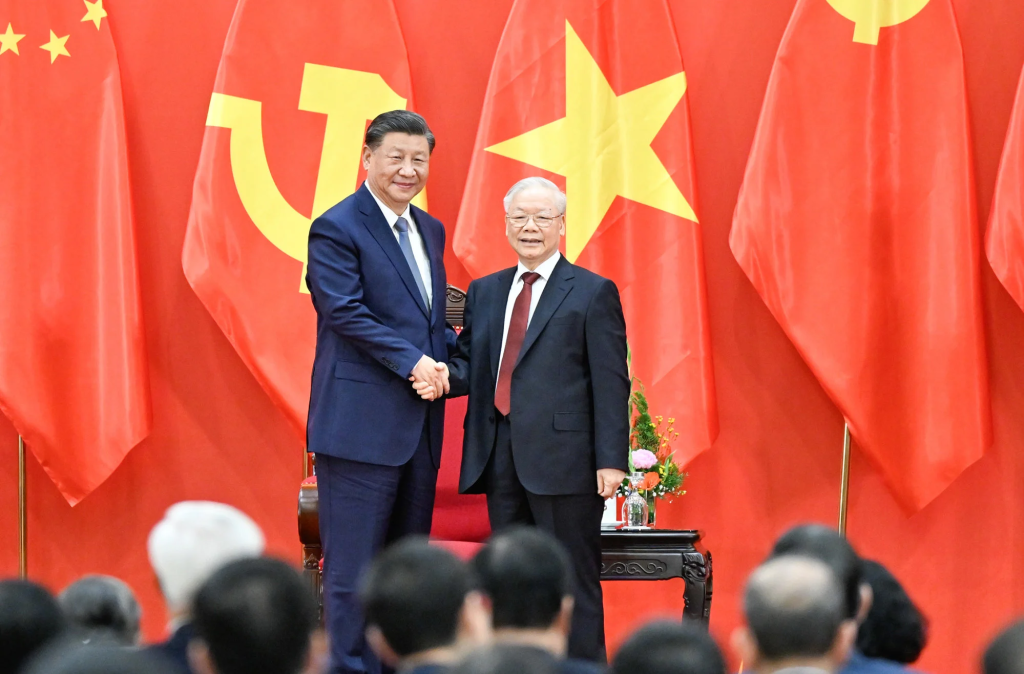
Trong’s foreign policy, often termed “bamboo diplomacy,” aimed to balance Vietnam’s interests between major global powers. He was the first Vietnamese leader to visit the United States in 2015, and under his leadership, Vietnam maintained robust relations with both the U.S. and China. This balancing act was crucial in positioning Vietnam as a significant player in regional geopolitics.
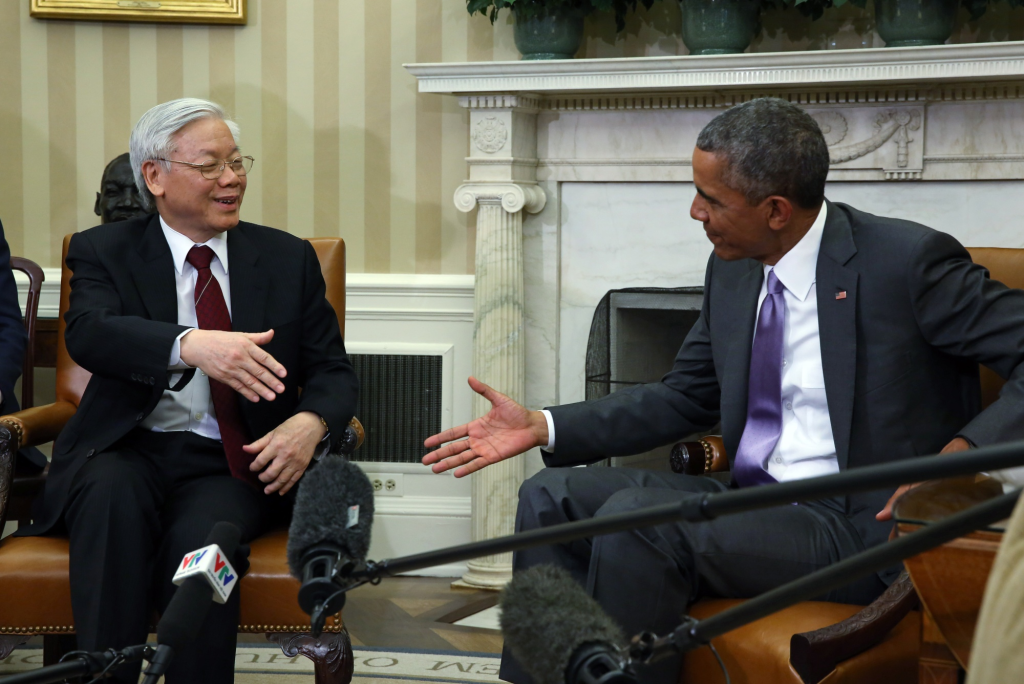
Power Transition and Future Uncertainty
In the wake of Trong’s death, Vietnam faces a period of political uncertainty. The duties of the General Secretary have been temporarily assumed by President To Lam, who took over on July 18, 2024. Lam, a former security chief and key figure in the anti-corruption campaign, may potentially consolidate power, depending on the party’s decision regarding the future leadership structure.
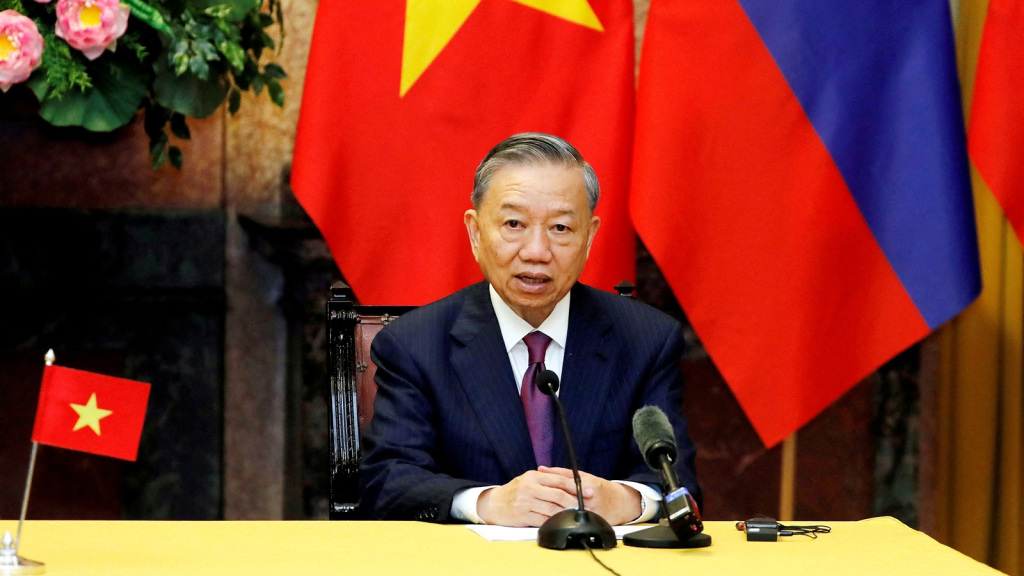
The Communist Party of Vietnam is expected to navigate this leadership transition carefully. There is speculation that Lam could be formally appointed as the acting General Secretary until the end of the current term in 2026. However, the possibility of electing a new leader before then remains.
Tributes and Reflections
Nguyen Phu Trong’s death has prompted tributes from both domestic and international leaders. U.S. President Joe Biden praised Trong’s role in fostering deeper ties between Vietnam and the United States, highlighting the positive impact of their relationship on both nations. Similarly, China’s Communist Party acknowledged Trong’s contributions, describing him as a “staunch Marxist” and a “good comrade, brother, and friend.”
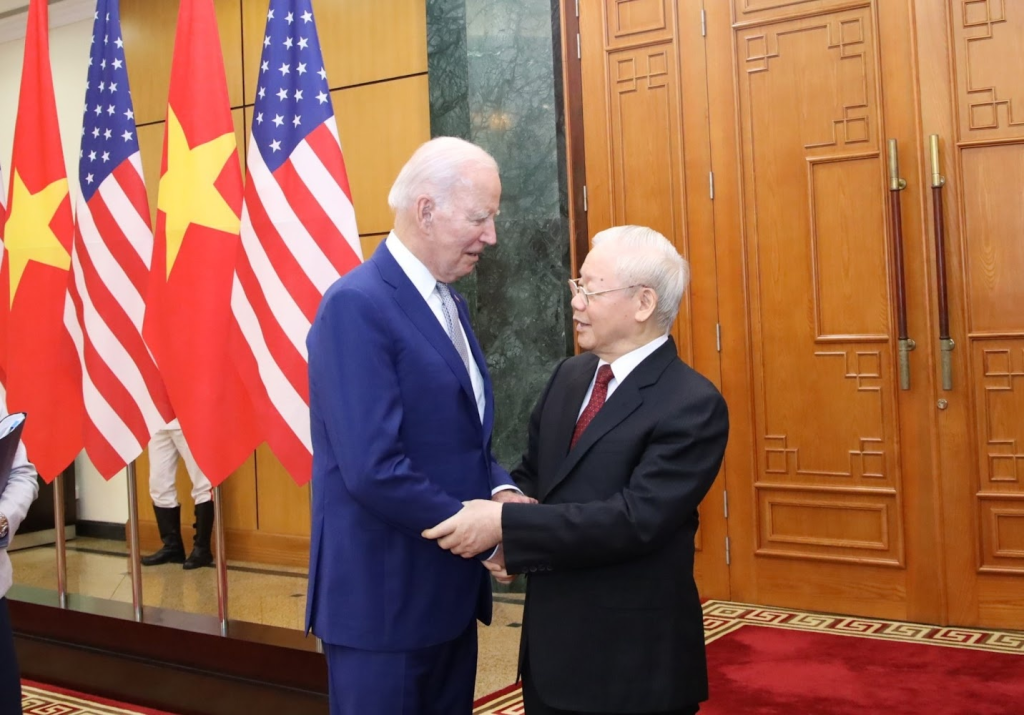
The impact of Trong’s leadership on Vietnam’s political and economic landscape will be remembered for years to come. His policies have left a lasting imprint on the nation, shaping its path towards modernization while maintaining its ideological roots. As Vietnam embarks on a new chapter, the legacy of Nguyen Phu Trong will undoubtedly influence the future trajectory of the country.
Nguyen Phu Trong’s death marks a significant moment in Vietnamese history. His leadership was marked by both notable achievements and controversial policies. As Vietnam moves forward, the decisions made during this transitional period will be crucial in shaping the country’s future. The Communist Party faces the challenge of maintaining stability and continuity while addressing the complexities of a changing political environment.


